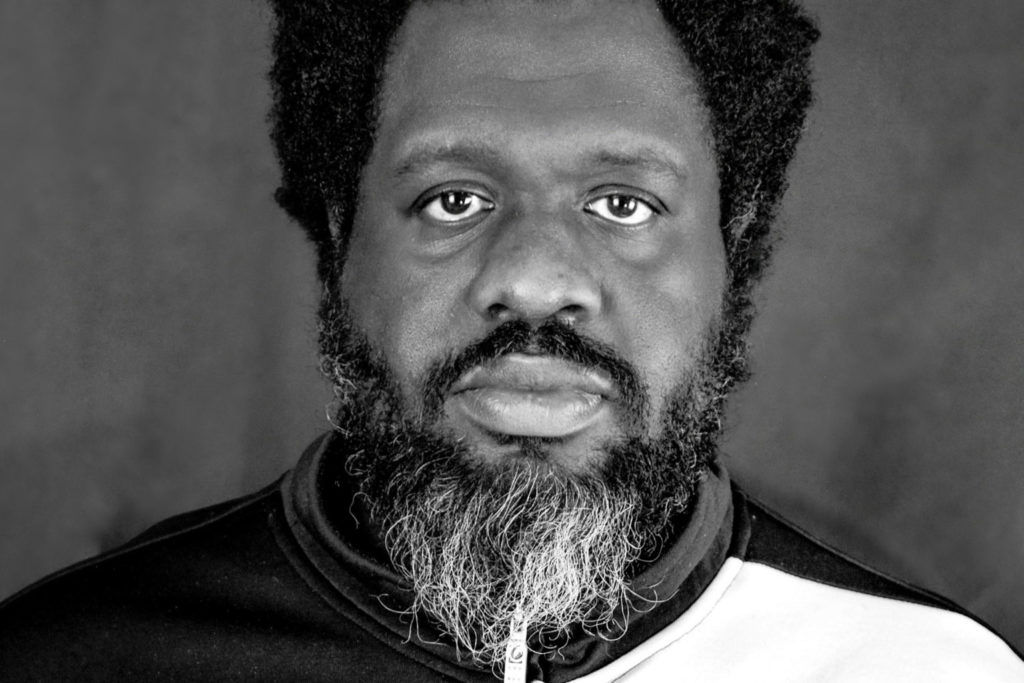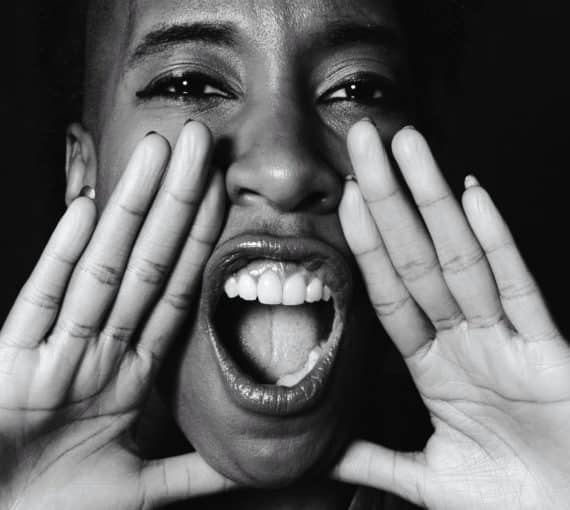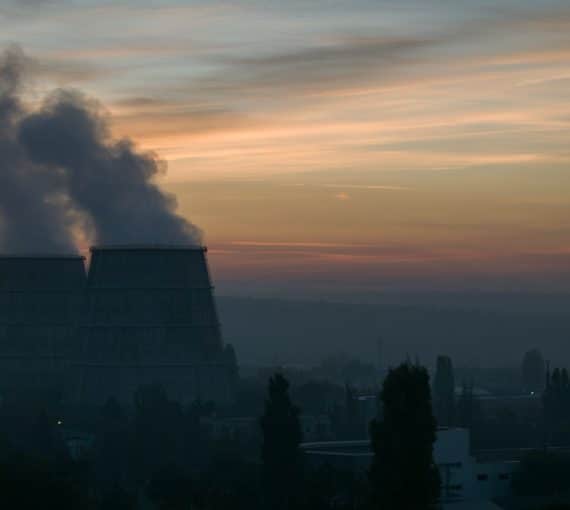
For Black History Month, David Suzuki Foundation sustainable communities director Julius Lindsay shares his perspective on the realities facing Black people working in the environmental field.
Continuing our commemoration of Black History Month, David Suzuki Foundation sustainable communities director Julius Lindsay shares his perspective on the realities Black people face working in the environmental field.
This article is presented in Q&A format, edited for brevity. For more from Julius, check out his expert profile or follow him on LinkedIn!
Do you think diversity should be prioritized in the environmental community?
Bringing diversity to the field is important because the solutions need to serve everybody. People should have a say in things that affect them. Many people need to bring their perspective to it. They need to bring their lived experience to this work, which is not currently happening. The environmental field is very white, homogeneous and largely middle class older white people. The solutions that we need to undertake often don’t work for a large slice of the population, particularly racialized people and Black people.
What environmental issues are you most concerned about as a Black person?
We’re not currently thinking about how climate change affects marginalized communities. In Canada, climate change is disproportionately affecting low-income and racialized peoples. We need to find ways to hear from communities and groups that aren’t being heard to ensure we find robust solutions. That kind of meaningful engagement is what I’m most concerned with, particularly because of the disparities. In my career of working in the environmental field, the most robust and innovative solutions have come from hearing from a multiplicity of voices, whether they be interdisciplinary voices, different income levels or different ages.
Another issue that I’m most concerned about is the systems that are entrenching the climate emergency: colonialism, capitalism and white supremacy. We need to think differently about them. A lot of the work that’s happening now isn’t thinking about how those systems continue to reinforce and uphold the climate crisis.
Bringing diversity to the field is important because the solutions need to serve everybody.
What barriers do you face in the environmental field as a Black person?
I have 15 years of experience in this field and I continue to be erased. That’s one of the biggest challenges that I face. As a racialized person, you are seen as “less than” or not as knowledgeable and not worthy.
Also, part of the challenge that someone like me faces is that I think differently about the solutions we need to implement. That’s very challenging for a lot of people who have entrenched themselves in our current systems and the solutions currently centred in the fight against climate change. We need to challenge some of the assumptions we’re working under because some of the solutions we take as law actively harm Black and Indigenous communities.
Even if you’re surrounded by people who are all supportive, it’s still draining to have to explain and go through this conversation. I have to fight for those types of ideas to be heard and raised. The energy it takes to fight those battles, raise those issues, challenge people who have power, status and a whole bunch of people behind them… That effort is tiresome.
Are you optimistic or pessimistic about the future? Why?
There are times when we engage in really interesting work with communities or even just one-on-one conversations with people, like some of the younger racialized folks who are doing really amazing work. Those are the moments when I have hope. But then there are other times when I see the scale of the problem or the problematic aspects of folks who are entrenched in this field and who don’t want to change. That is when I feel the most pessimistic.
As a racialized person, you are seen as ‘less than’ or not as knowledgeable and not worthy.
What improvements do you think need to be made? What progress has been made since you started working in the environmental field?
There are a lot more young and racialized folks who are making their own spaces in this work. I think that is a great accomplishment.
The biggest improvement is a rising recognition of how these systems [colonialism, capitalism and white supremacy] have entrenched the climate emergency and actively uphold the challenges we face. I think an increasingly better understanding of that will lead to a better and more nuanced discussion of the solutions.
What do you see as your strengths and the strengths of Black people in this field?
There are many practices and ways of thinking embedded in Black cultures around the world that are relevant to this work. There are a lot of really interesting and robust information, solutions and ways of thinking that are currently untapped. We need to reach a common understanding that there’s a possibility to come up with solutions based on a multiplicity of understandings and still get us to the goal.
Another part of it is that many Black people within Canada and other countries in the world are oppressed. So, learning to live with oppression means learning to live with a certain level of resiliency, to constantly be aware of who you are and where your place is in this world. That kind of knowledge, experience and ingenuity is really important and could be a strong contribution to the climate movement.
Another really important part of this is how we engage with communities different from ours. I think differently about how to engage with certain communities because I understand them and the context in which they live. I live within Grenadian culture (my parents’ place of origin) and Canadian culture, so I’ve always had to navigate different cultures and how to exist differently in different spaces.


